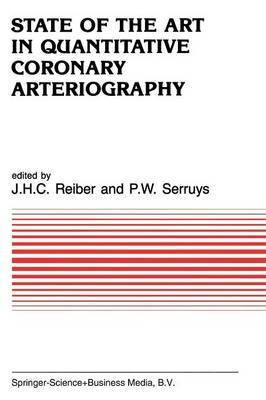State of the Art in Quantitative Coronary Arteriography(English, Paperback, unknown)
Quick Overview
Product Price Comparison
Over the past twenty years, technical advances in coronary arteriography have contributed to our understanding of the pathophysiologic aspects and natural history of coronary artery disease. Probably more than 700. 000 coronary arterio- grams are performed annually throughout the world. Usually, these arteriograms are interpreted visually to determine the morphologic extent and severity of coronary artery disease. These subjective determinations, which are hampered . by relatively large intra- and interobserver variations, are used as a basis for critically important therapeutic decisions: Which arteries are to be revascular- ized, which lesions are suitable for coronary bypass surgery or for percutaneous coronary angioplasty? To improve on this clinical decision making, on the treat- ment and follow-up of such patients, new, objective and reproducible techniques for the assessment of the extent and severity of coronary artery disease, both in terms of anatomy and functional significance of the lesions, must be made widely available. With such new procedures and technologies the efficacy of new thera- peutic procedures, the effects of vasodilating and constricting drugs, and the results of long-term studies on the regression and progression of atherosclerotic plaque can be determined in an objective and cost-effective manner.


